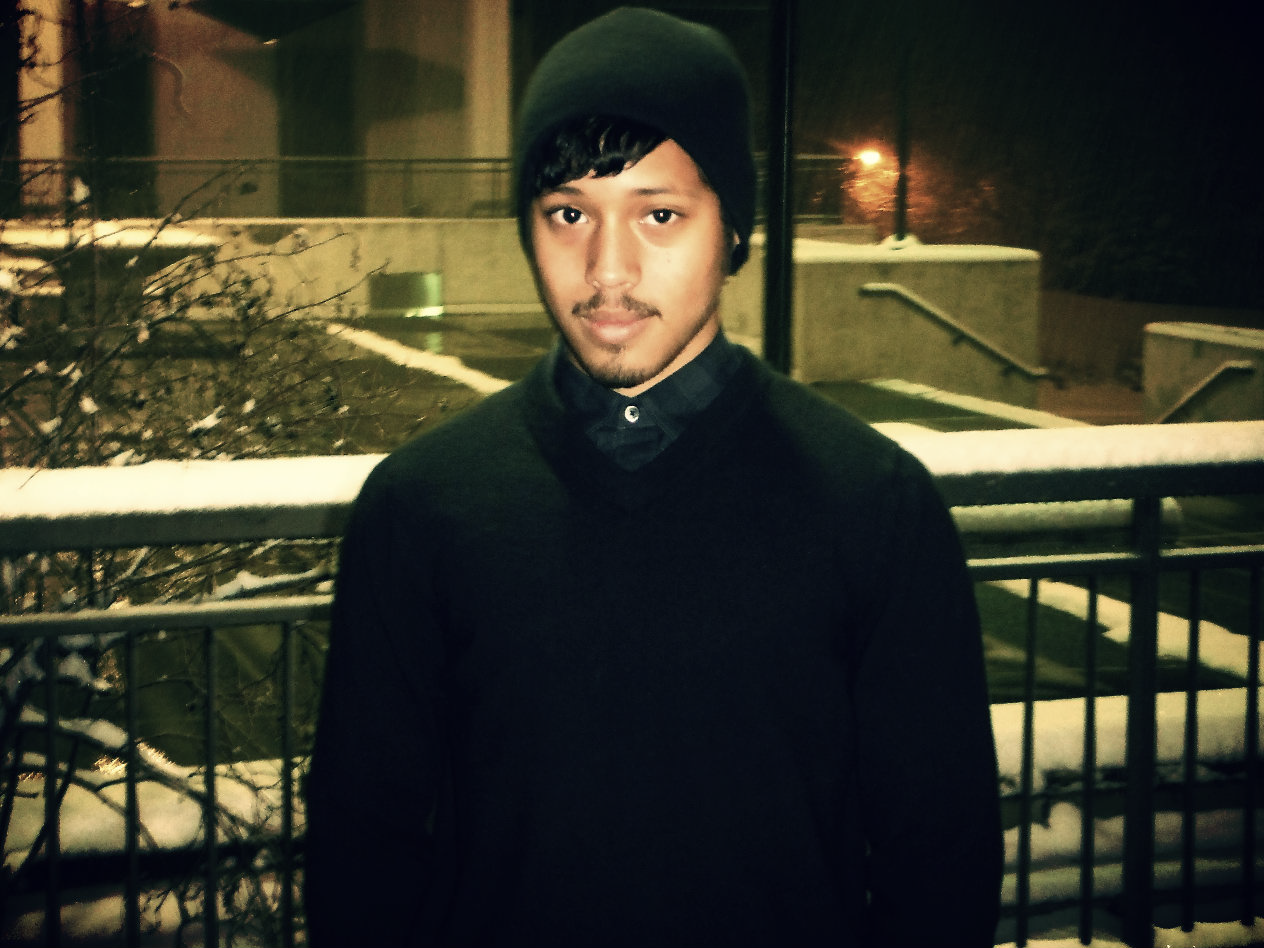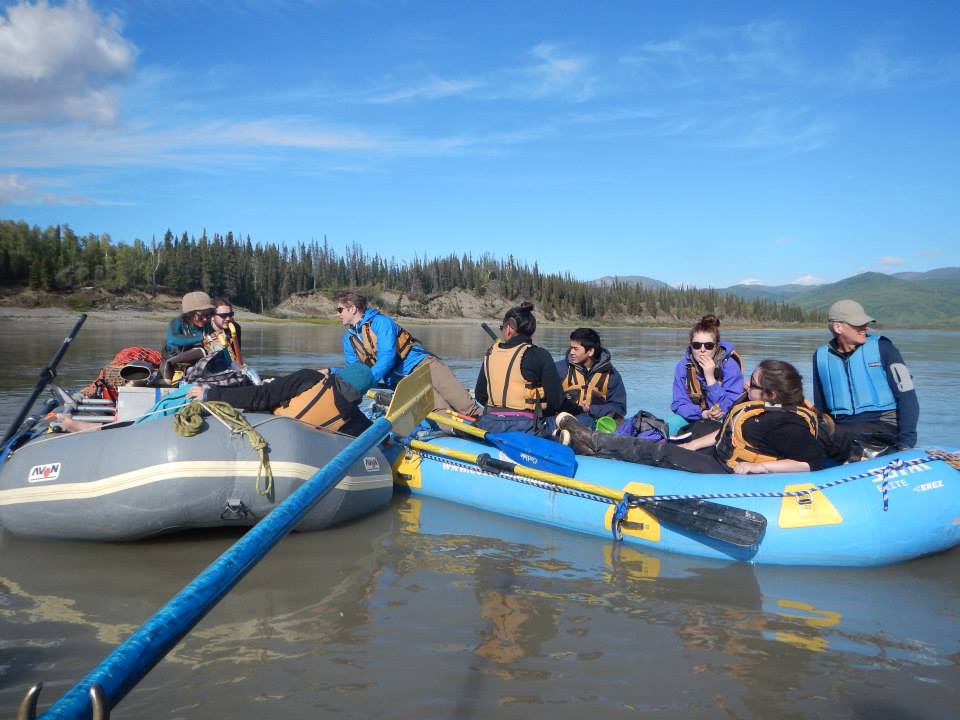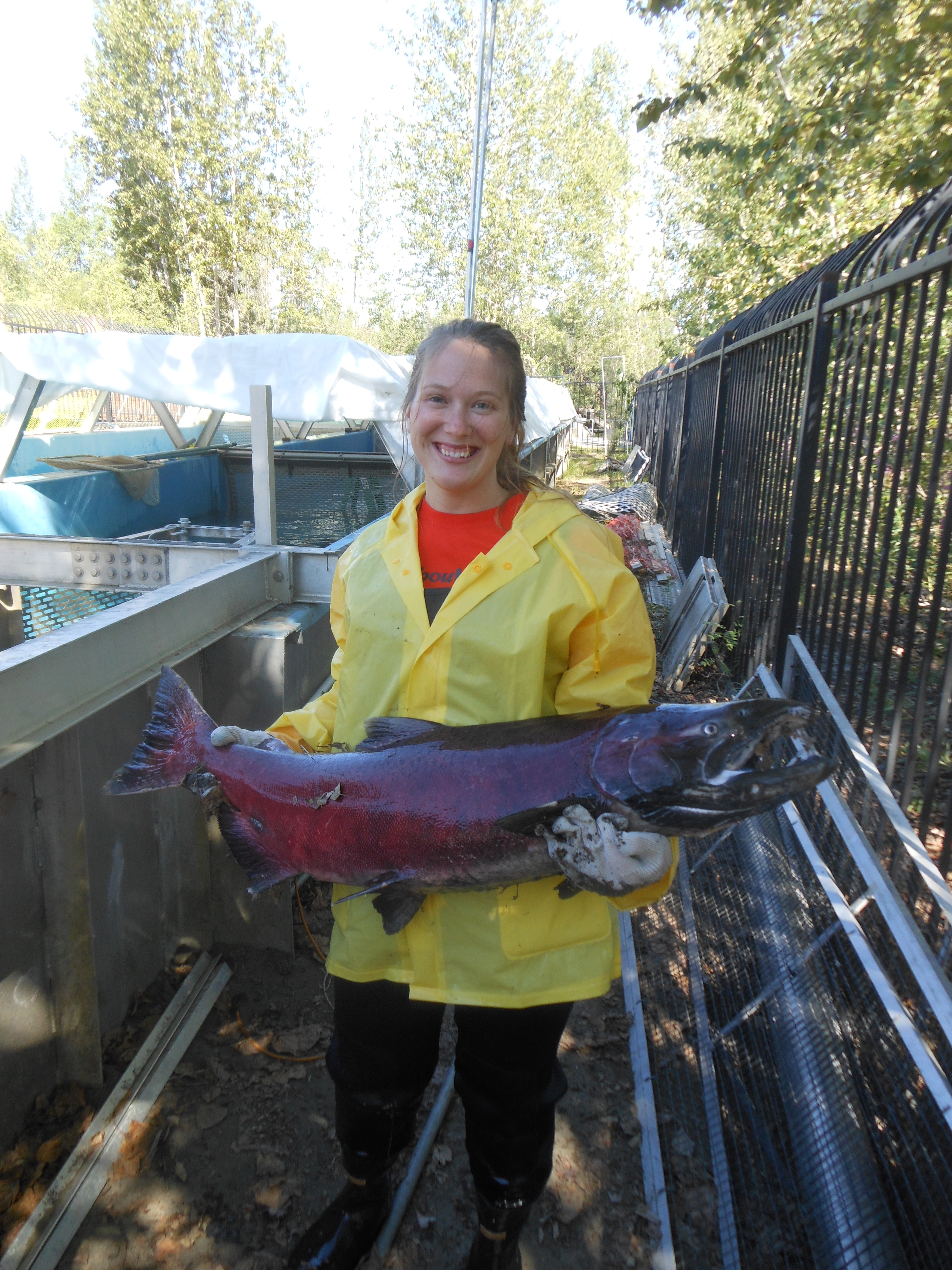by Isabella Valdez
My brother died in a field. He was ten years old and alone, wandering somewhere between my aunt’s and grandma’s houses in southern Michigan. Every summer, for the trip down, my parents would wake us, guide us drowsy to the car, and play the radio until we drifted back to sleep. My older sister hated the town, a small and tired place so unlike the distant city where she grew up. But my brother and I loved it. In the country there’s room to breathe; there, the air is alive and houses are separated by miles of forests rather than rows of fence. The lack of people and structures create more space for heat. We’d run through the weeds, uprooting sticks and searching for snakes while the grasses sliced ribbons up our calves.
It was my mom who found my brother. His lips were blue, blood pooled between his collarbone and neck. He was stiff. He was cold. His dark blond hair swirled in patterns of sweat on his forehead, and his mouth was slightly agape. We would be told that his throat had closed up on him. The pollen of the field and the fur of the dog that had jumped on him, catching his shoulder on the way down, were too much for his child lungs to bear. No one had heard his whimpers. He wasn’t carrying his inhaler or his EpiPen. They told us he never had a chance.
It’s been five years and sometimes I forget he’s gone. I swear I can hear him some days. He’s down the hall, cross- legged and playing video games at two in the morning. He’s in the backyard, swinging. He’s kicking a soccer ball against the side of the house, hitting a door here or a window there, my mom scolding him from inside. But I never get up to check, he’s not there. My brother exists only in the sounds he used to make. I remember one night, we were sleeping at my grandma’s house, when he started coughing violently, waking my parents. My mom gave him his inhaler, but it wasn’t strong enough to soothe. So she plugged in a machine that promised to breathe for him. His oxygen mask fogged and cleared in the moonlight. I watched my mom rub back rhythmically as he sat hunched over. I fell asleep before I knew he was okay.
If people ever ask, I talk about him in the present tense. I make him up. I synthesize him. My Michael doesn’t have asthma anymore. He had a couple close calls but eventually grew out of it, as people often do. My older sister was even able to get a cat. And the cat sometimes sleeps on my brother’s bed, curled at his feet. My Michael is fifteen now, and he’ll be sixteen in a month and a half. His room is littered with biographies of famous war strategists and AP European History prep books. If he could have taken the test I’m certain he would have gotten a five. I would have printed out practice exams and helped him study the night before because he’s always waiting until the last minute. When it’s the weekend and I’m binge-watching shows in the living room, he’s in the kitchen, washing down his salami sandwich with milk straight from the carton. My brother and I are best friends. After school, he tells me he’s slowly failing Algebra 1. I offer help, but he always says he doesn’t need it. We dare each other to do stupid things, like eat our father’s hot peppers. It’s dark outside and we’re crying in the kitchen because the peppers don’t only burn our tongues but our throats as well. I try eating a banana; he tries shoving ice cubes in his mouth. Snot starts dripping from our noses, and we keep spitting up in the trash can. Since we saw it in a movie once, we try pouring ketchup into each other’s mouths. When the burn finally dulls, our younger sister comes downstairs, and we dare her to eat one too. The night folds in on itself and the kitchen goes black.
I try not to think about my brother dying. In my head, he’s still alive. He still has murky blue eyes and skin that the sun can’t change. But he’s taller, more athletic since he plays soccer on the high school team. I pretend that he’s out with friends or that he’s in another state for Model UN. That there’s a soccer game or a knife show. He’s not here right now, but he’ll be back soon. He doesn’t have to be dead; he can just be somewhere else. I’ve made a brother who’s easy to love, but that only makes him harder to let go. He’s collided with clichés and tropes. In my head, my brother is perfect. He is as the angel he was named after, ethereal and immortal by common consensus. I don’t make him up because he was bad, because I want to untaint his memory, but because he wasn’t anything yet, and it’s easier with someone to hold onto.
I try not to think about him alone in that field, like some stupid Stephen King story, stories my brother was just starting to love. I try not to think of my brother bleeding and struggling to breathe. I try not to think of his numbed screams. I try and forget him by making him someone new. Because if I remember the boy who used to get bloody noses while he slept, who used to go to speech therapy every Wednesday morning, who used to have a stuffed bunny named Pat, I might really start to miss him.





